Stanley Black & Decker, a giant in the tool-making industry and owner of brands like DeWalt and Stanley, is facing a boycott spearheaded by conservative groups. They’re under fire for their commitment to diversity hiring and support of LGBTQ initiatives.
The advocacy group Consumers’ Research has openly criticized the company for choosing suppliers based on diversity and lobbying for LGBTQ issues in Washington.
Consumers’ Research Takes a Stand

Consumers’ Research has taken a firm stance against what it perceives as Stanley Black & Decker’s politicization of their business.
Will Hild, the group’s director, said: “Stanley Black and Decker has strayed into politics by pushing cultural values that have nothing to do with ensuring consumer satisfaction.”
The Backlash Against ‘Woke’ Policies

The term ‘woke’ has been thrown around a lot lately, and Stanley Black & Decker is the latest to be tagged.
Critics argue that the company is prioritizing progressive values over traditional business practices, putting them in the hot seat along with other firms who’ve faced similar scrutiny.
Balancing Act: Tools or Social Issues?

Will Hild articulated a growing sentiment among some consumer groups, saying “Stanley Black and Decker’s sole priority should be providing their customer base, professionals and DIYers alike, with the best tools and equipment possible.”
This debate highlights the tension between maintaining product focus and engaging in social advocacy.
No Comment from Stanley Black & Decker
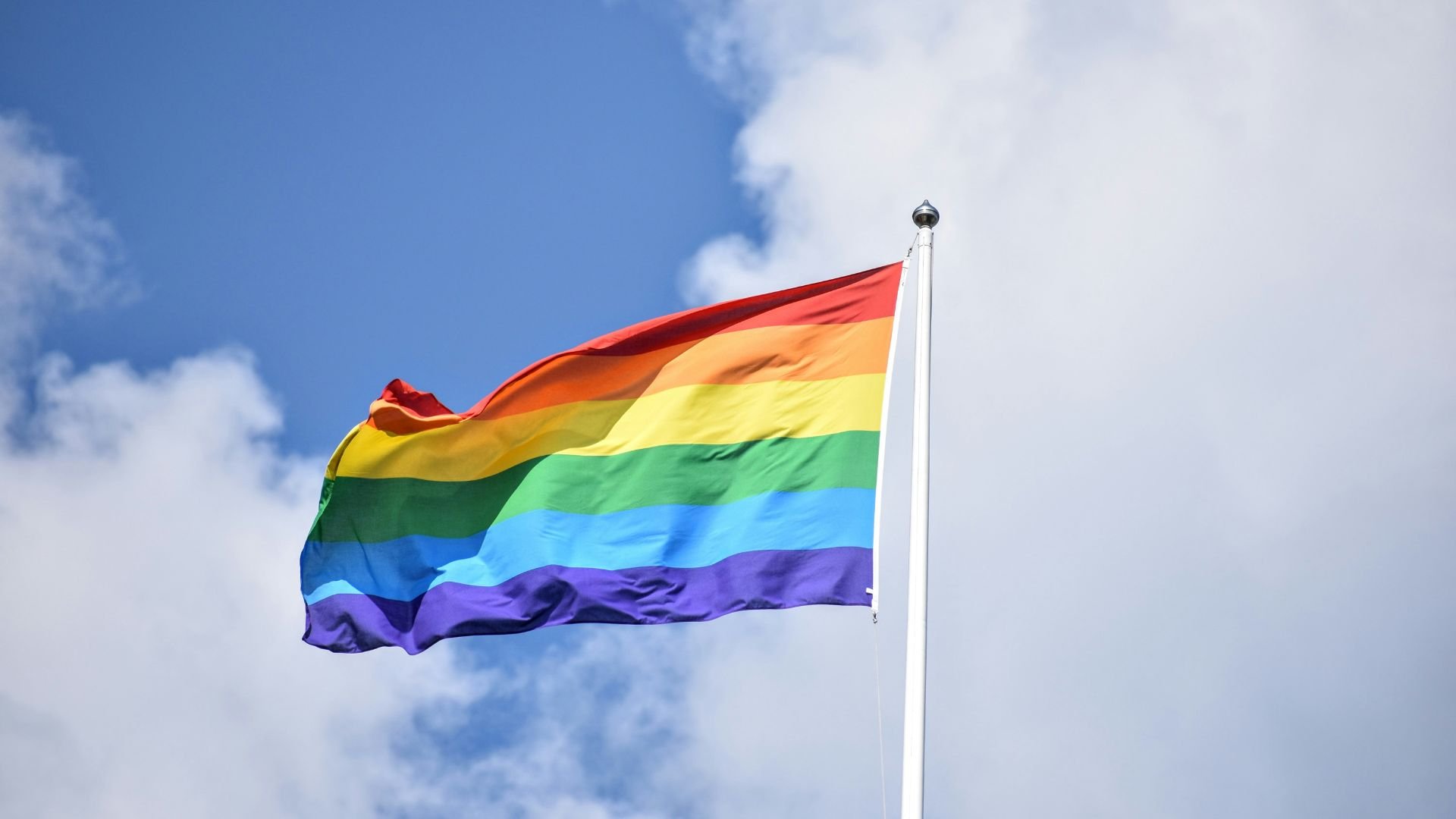
In the midst of this controversy, Stanley Black & Decker has yet to respond to the criticisms regarding their diversity initiatives and LGBTQ support.
Their silence leaves much open to interpretation and continues to fuel the conversation among consumers and the media.
Financial Struggles Amidst Public Pressure
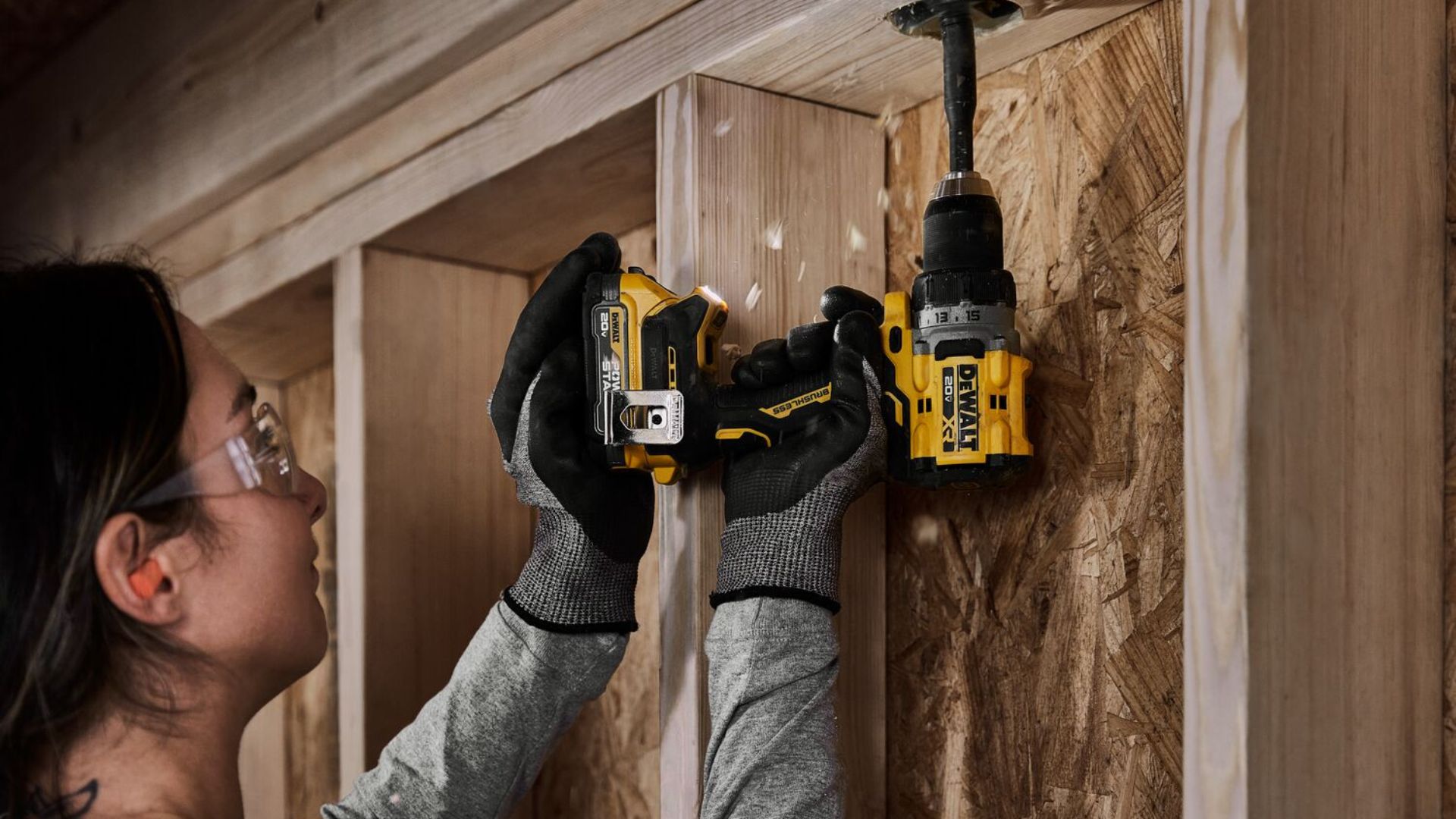
As Stanley Black & Decker navigates this boycott, they’re simultaneously undertaking a massive cost-cutting effort, aiming to save $2 billion by shutting down facilities.
This financial maneuvering is happening at a time when public and political pressures are at a peak.
The Hot Topic of DEI

Diversity, Equity, and Inclusion (DEI) are at the forefront of American cultural and political debates.
These initiatives are championed by some as essential for fairness and criticized by others who view them as a form of reverse discrimination.
Stanley Black & Decker’s Commitment to Diversity
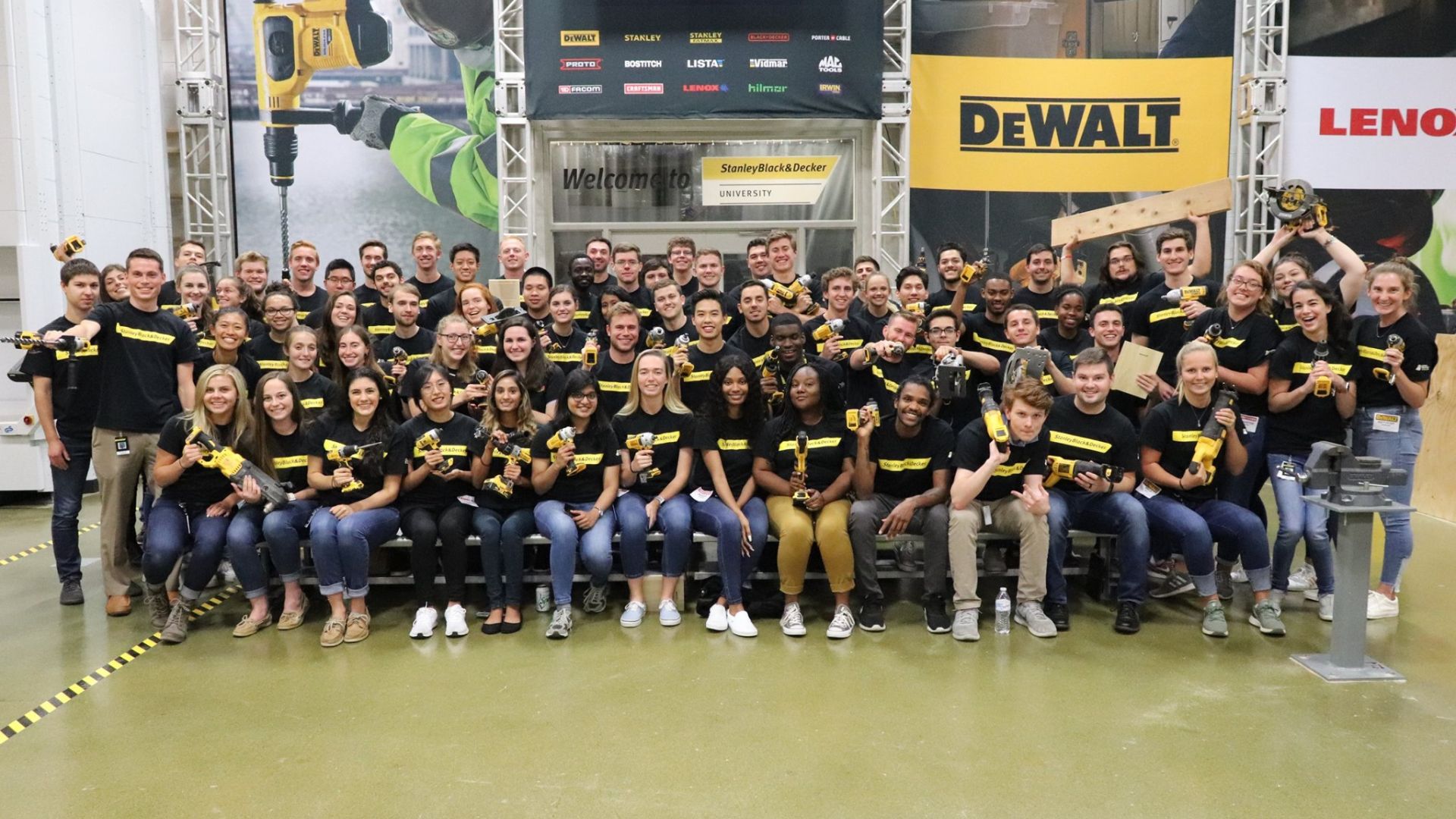
Stanley Black & Decker is pushing forward with ambitious DEI goals.
They’ve pledged to increase dealings with minority-owned suppliers significantly and have donated considerable sums to racial equity initiatives. They’re also conducting mandatory equity training for their leadership, emphasizing their commitment to these causes.
Championing LGBTQ Rights

Beyond diversity in racial and ethnic terms, Stanley Black & Decker is also making strides in LGBTQ advocacy.
They’ve been actively involved with the Human Rights Campaign, contributing to efforts that assess corporate policies on inclusivity towards LGBTQ employees.
Lobbying for Equality
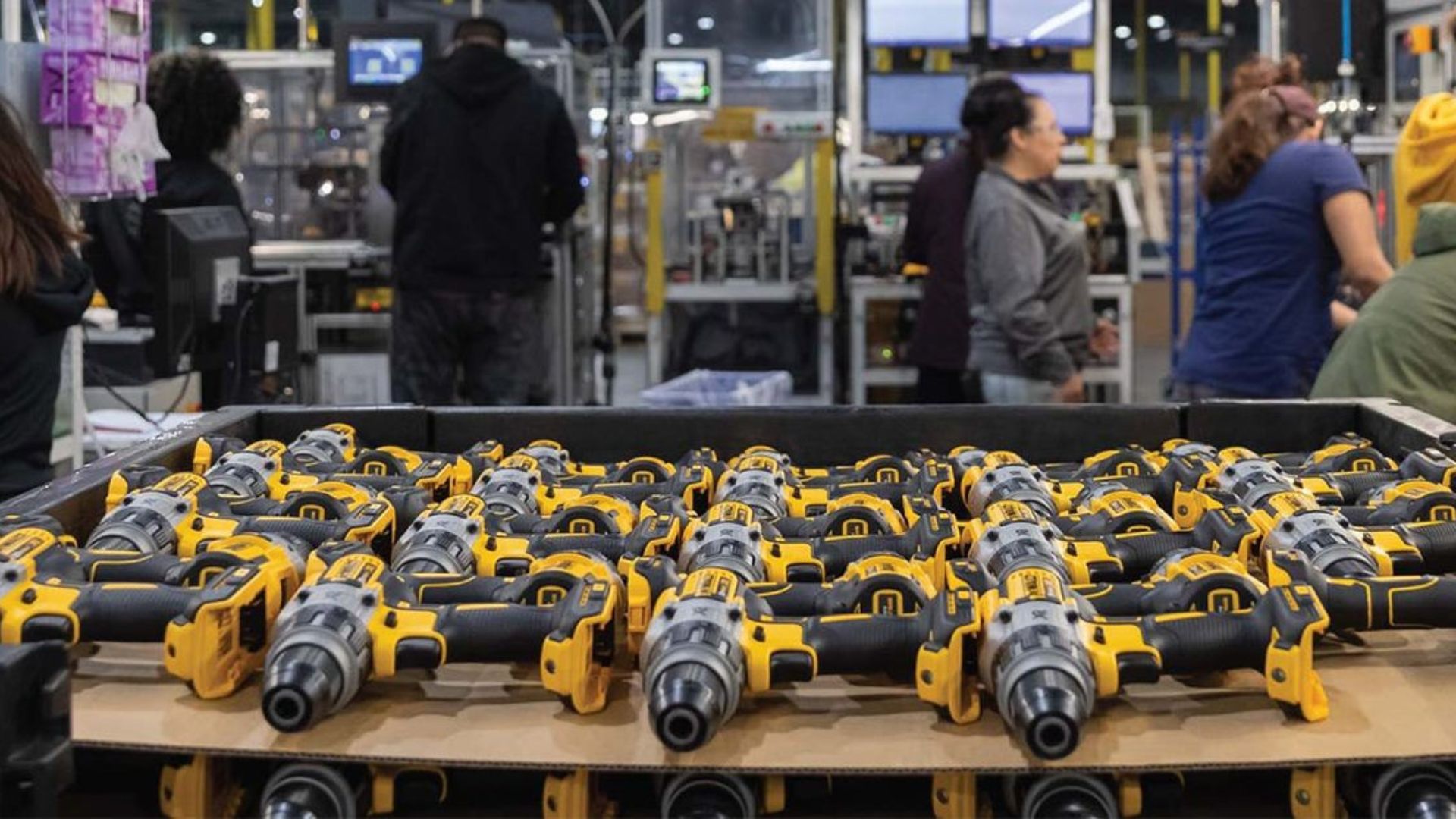
The company has invested $280,000 in lobbying for the Equality Act, a move aimed at ensuring inclusivity across various sectors.
This legislative push has stirred both support for the broader inclusivity it seeks to promote and criticism from those who question its implications.
Industry Response to DEI Pushback
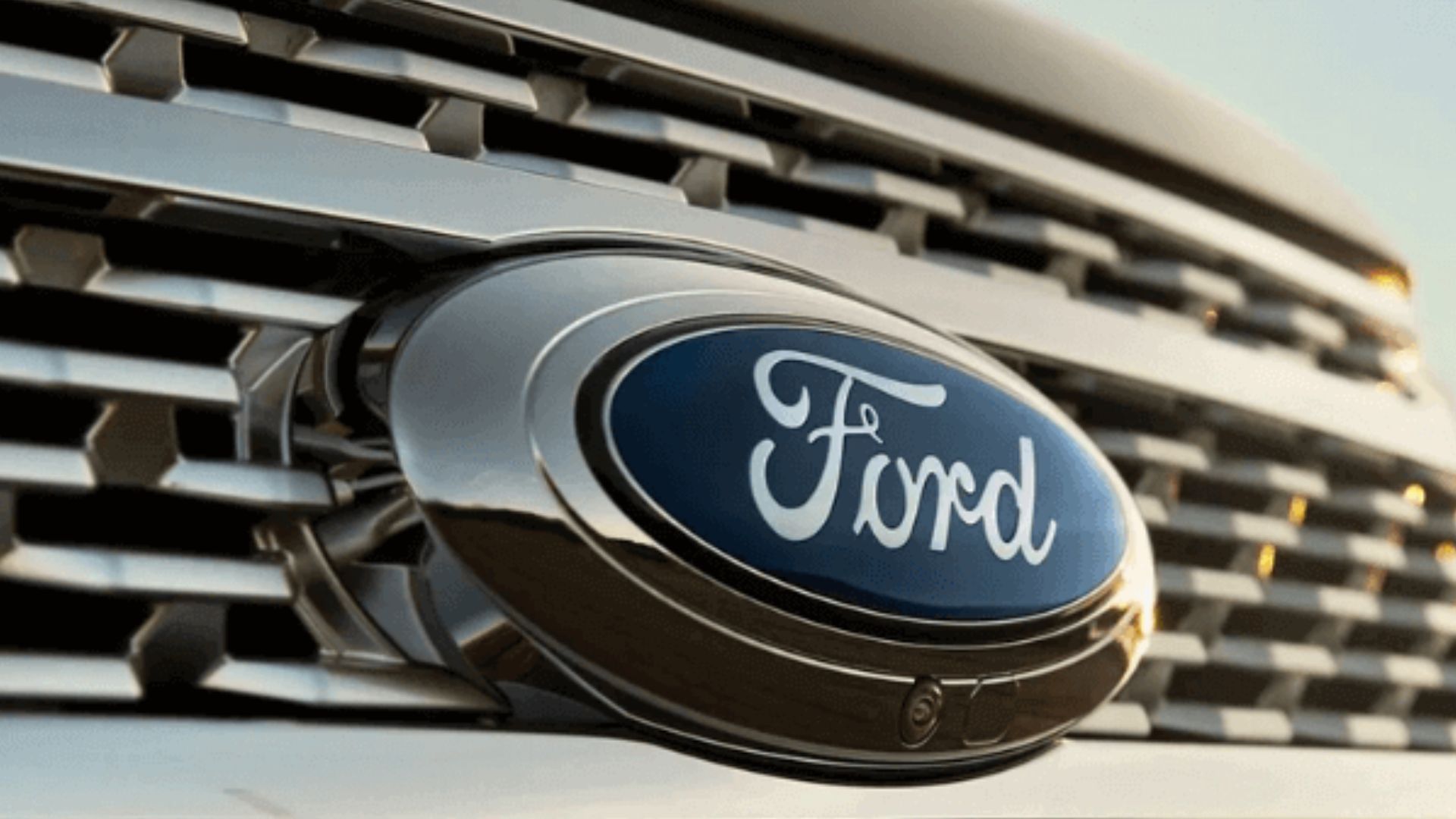
Other companies, notably Ford and Harley-Davidson, have scaled back their DEI efforts in response to similar conservative pushback.
This trend illustrates the delicate balance companies must strike between social advocacy and the preferences of their broader customer base.
Shifts in Public Perception
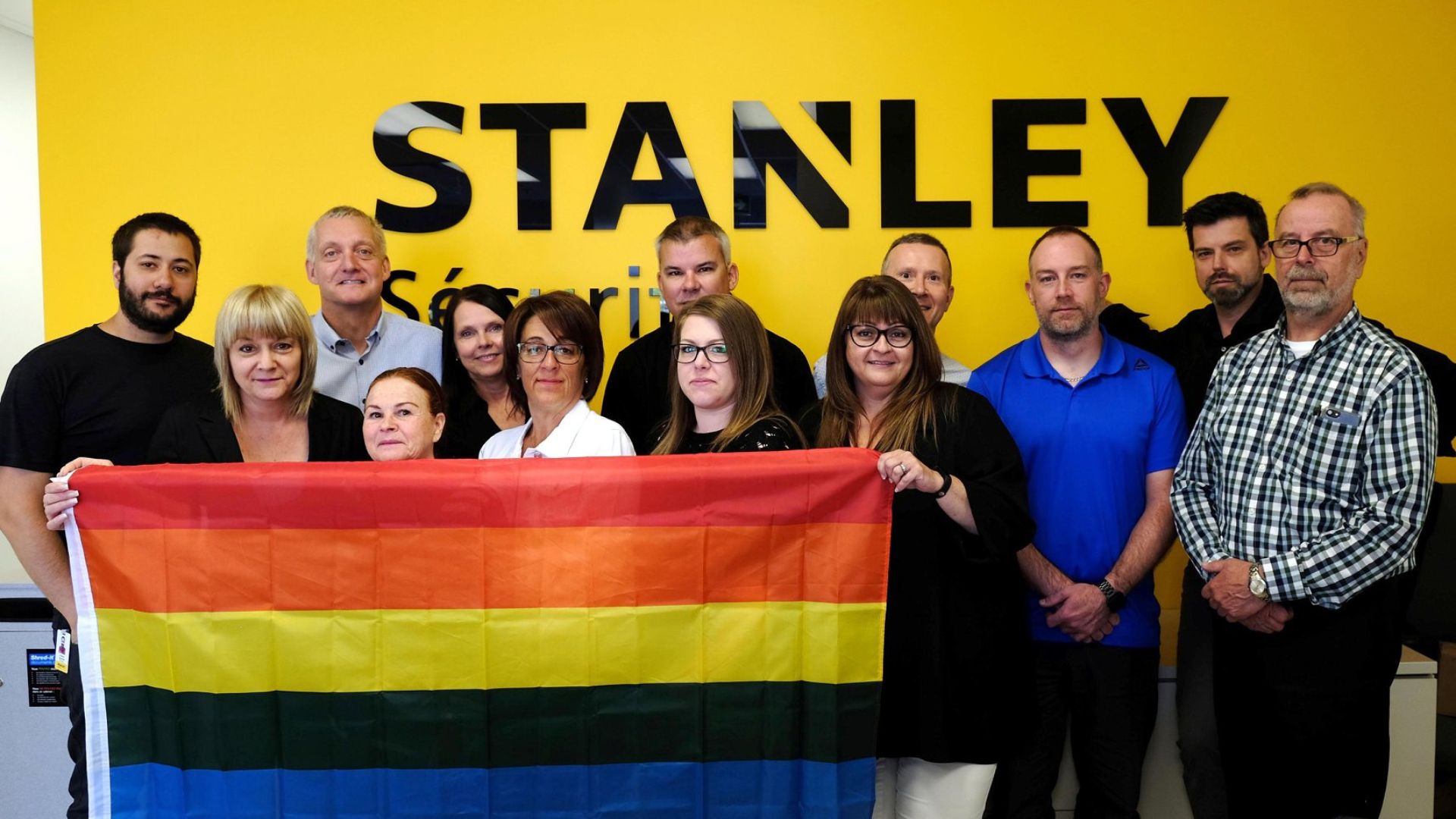
Recent polls, including one from Gallup, reflect a shifting landscape: fewer people now believe that companies should take active stances on current events.
This change in public opinion is reshaping how businesses like Stanley Black & Decker approach their roles in social and political issues, signaling a possible recalibration of corporate America’s involvement in DEI.
